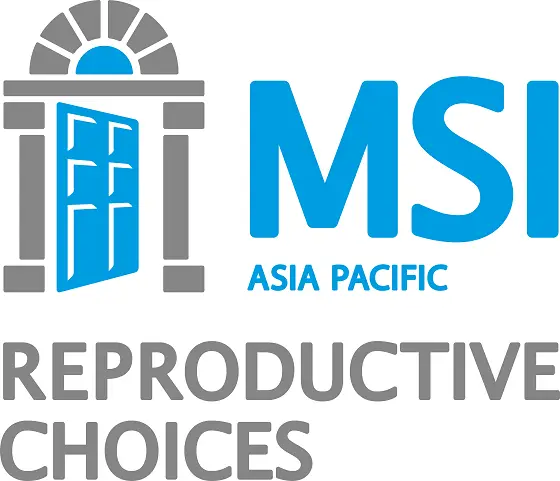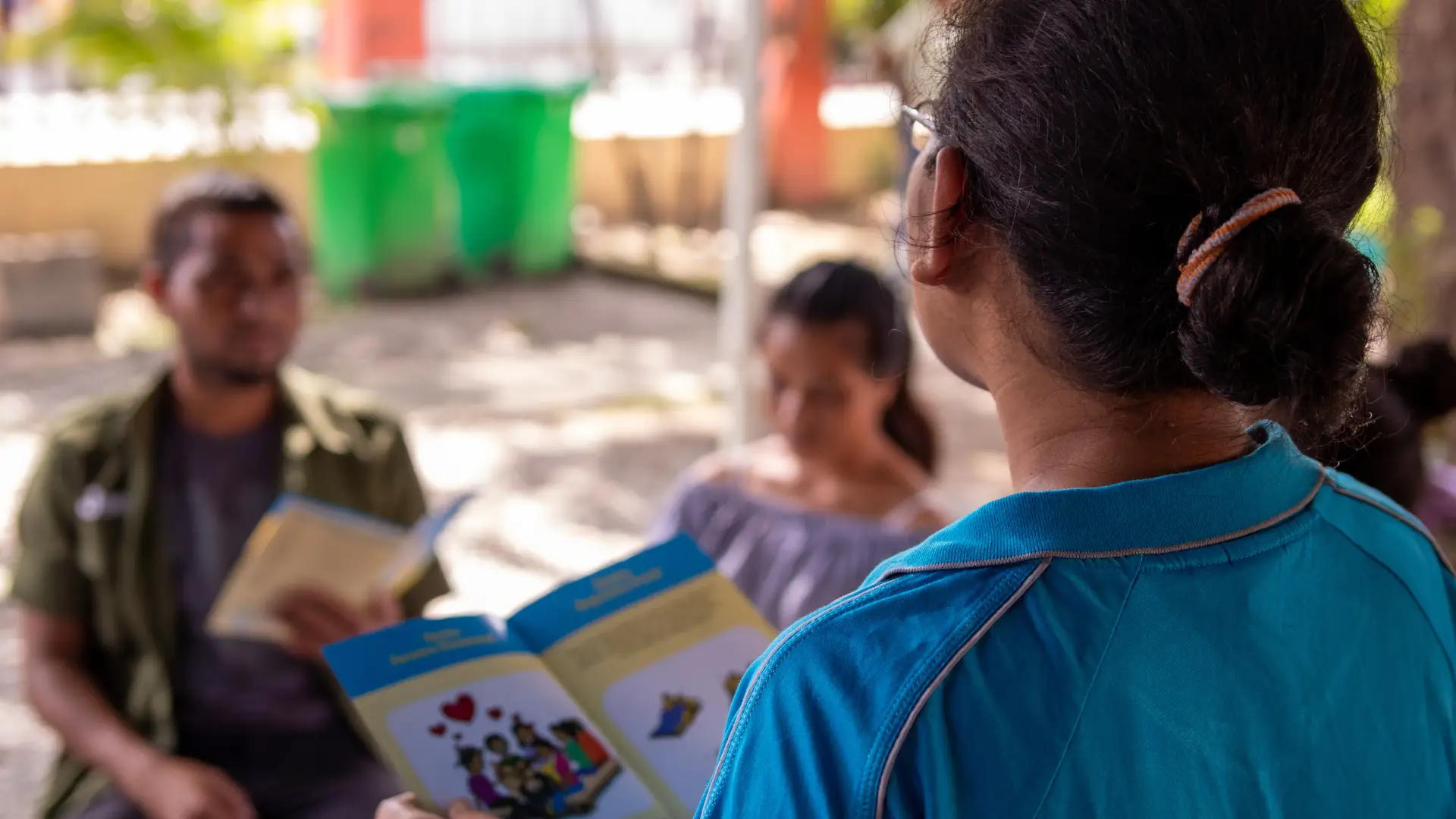MSI Timor-Leste (MSTL) has integrated training and awareness programs on Sexual and Gender-Based Violence (SGBV) across all service delivery channels, particularly focusing on Outreach and MSI Ladies under the RESPOND project. The training emphasized the identification, documentation, and support for clients disclosing SGBV, utilizing the World Health Organization (WHO) LIVES counseling approach. Despite initial low reporting of SGBV discussions and referrals at the project’s outset, despite high rates of gender-based violence in Timor-Leste, where over half of Timorese women aged 15-49 have experienced physical or sexual violence from a male partner, the MSTL team has proactively addressed these challenges. Through adjustments in training methodologies, community engagement, and awareness initiatives throughout the project’s duration, there has been a notable increase in reported SGBV referrals. Clients now feel more secure in disclosing incidents of SGBV.
The challenge
Social stigma and sensitivity surrounding SGBV discourages clients from openly talking about their experiences or seeking support.
Service providers had little knowledge of how to identify and support SGBV survivors with limited formal training.
Competing priorities within service provision teams in relation to sexual and reproductive health services deprioritised the focus of SGBV.
Learnings
Strategic Organizational Adaptation: MSTL prioritized SGBV services by aligning annual goals at an organizational level, fostering collaboration among key focal points to provide in-depth guidance to team members.
Empowered Service Providers: Service providers received additional training and ongoing support, emphasizing the importance of SGBV services.
Community Engagement and Learning: MSTL engaged communities through SGBV sessions, targeting parents, youth and community leaders. Cross-team learning among service providers enhanced communication and support for survivors, reflecting a commitment to tackling SGBV challenges at both community and sector levels.

